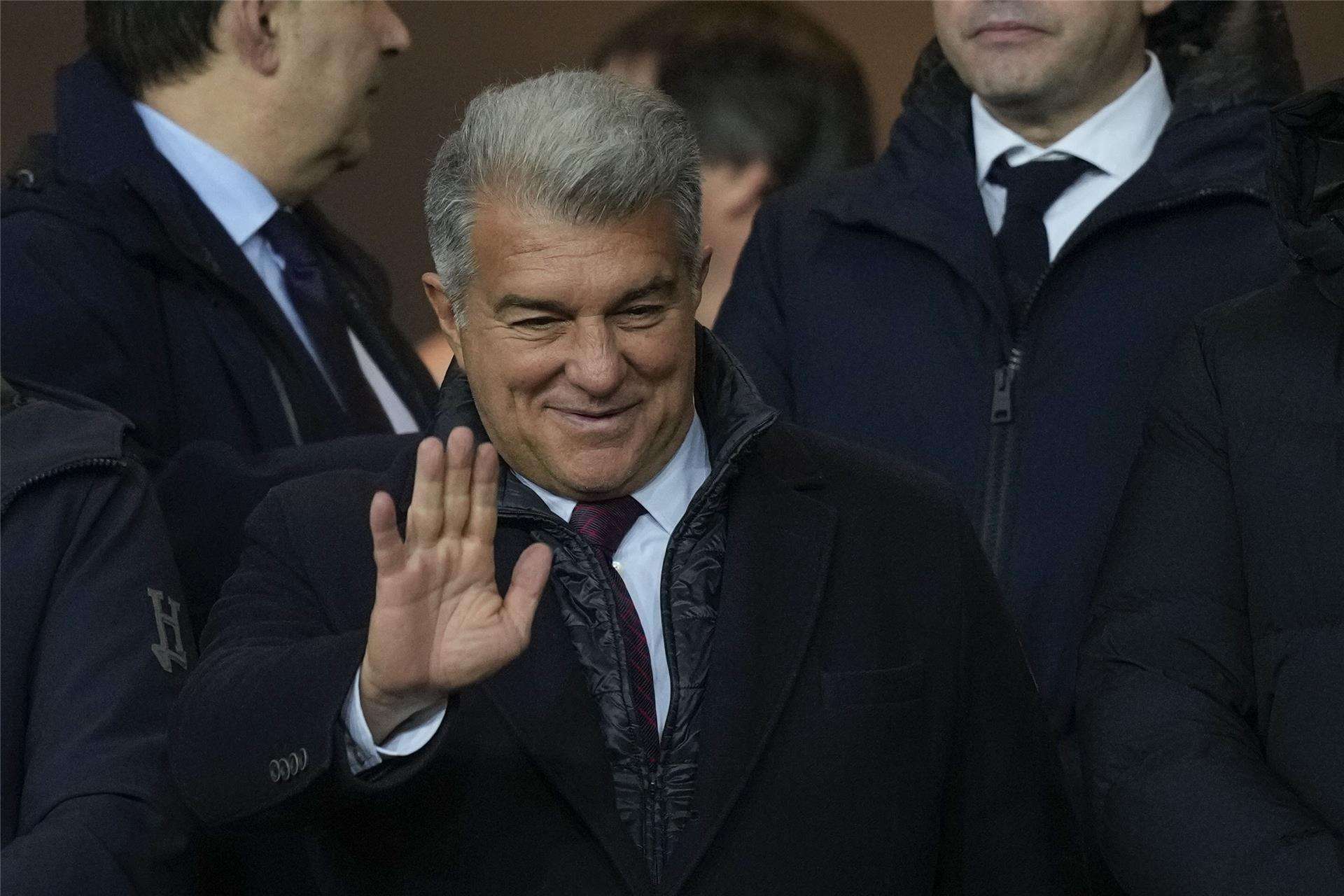Barça’s Quiet Pivot: A Historic Reconciliation with UEFA as Super League Fades
8 October 2025

Overview
Barcelona president Joan Laporta attended the European Club Association (ECA) General Assembly in Rome, signaling a thaw with UEFA after years of friction linked to the Super League project.
He arrived in the Italian capital in the afternoon with vice-president Rafa Yuste and was welcomed by Nasser Al-Khelaifi, who chairs Paris Saint-Germain and also leads Barca’s prospective path toward European reconciliation, a symbol of renewed ties after a period of distance.
The gathering comes days after a European clash between Barcelona and PSG in the Champions League, where the two leaders spoke informally, fueling talk of a gradual shift in positions between the clubs.
Super League on shaky ground
Although Barca remains outside the ECA, Laporta’s invitation to the annual assembly marks a meaningful step toward reintegration, suggesting tangible progress in ongoing negotiations.
If formalized in the coming months, Real Madrid would be the only major club still outside the association, and the last remaining stronghold of the Super League project seeking to rethink European competitions beyond UEFA’s oversight.
During meetings that began yesterday in Rome, European clubs reaffirmed their firm opposition to the Super League, backing UEFA and the redesigned Champions League format developed in collaboration with the ECA.
This stance sits within a broader economic plan to boost continental competition revenues via a new partnership between UC3 and Relivent Sports, a U.S.-based sports marketing firm referenced in coverage of the event.
Outlook for Barcelona and European football
UEFA president Aleksander Ceferin opened the assembly by emphasizing unity inside Europe’s football ecosystem, cautioning that any real change must come from within the European framework and be guided by a spirit of solidarity.
The remarks defended the new Champions League format, designed to boost competitiveness and revenues without destabilizing the sport’s balance and fairness.

Side talks open door to a 'Miami project'
Marca reported that Laporta used the gathering to hold a series of off-the-record talks with European federation officials on shared agendas, including a proposed Barca match in Spain’s La Liga against Villarreal in Miami — a move reportedly given preliminary approval by UEFA.
These steps hint at Barca embracing a more pragmatic approach, aiming to “return to the European house” after years of isolation due to the Super League defense, prioritizing financial health and stable governance.
Spanish influence in Rome
Roman discussions highlighted a notable Spanish presence, with Atlético Madrid chief Miguel Ángel Gil joining executives from various clubs, alongside others such as Villarreal, Athletic Bilbao, Real Sociedad, Deportivo La Coruña, Real Betis, and Tenerife, underscoring Spain’s influence in European decision-making.
Insiders say Barca’s potential return to the ECA could recalibrate power dynamics in Europe, especially as Real Madrid remains isolated after Juventus’s exit from the Super League and return to the European fold.
Ultimately, Barca’s pivot toward dialogue signals a pragmatic shift away from confrontation, seeking stability and legitimacy within UEFA and the European competition framework.
In sum, Laporta’s appearance with Al-Khelaifi and Ceferin in Rome symbolizes not just Barça’s return to the European table but a broader end to the Super League era clash and a move toward a more collaborative future.
As the Super League dissolves, Barca appears ready to re-enter the European orbit on terms that emphasize sustainability and governance over grandiose plans.
Punchline 1: If you can negotiate goals as well as you negotiate slogans, Barca would be champion of peace with a golden boot.
Punchline 2: They say football is a game of two halves; in Rome, Barca found the second half and a map back to the European house—bonus points if there’s Miami sunshine involved.



